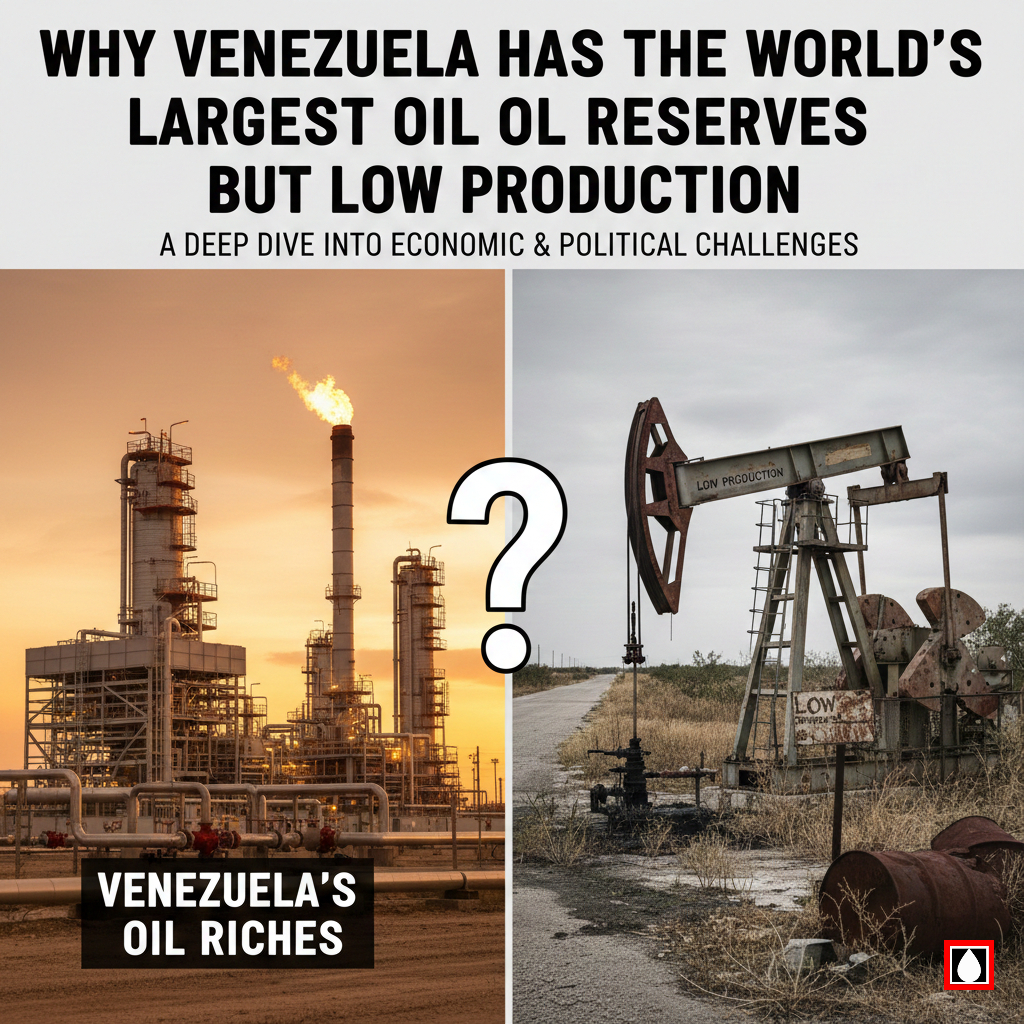The Geopolitical and Economic Context
1. The following is the compilation of Russia Energy Strategy.
Russia is one of the global leading oil and gas producing countries and is an important player in the world markets. Major preoccupations of the state’s energy policy include the preservation of the country as the world’s largest oil exporter, as well as diversification of its markets and newly emerging pathways to its energy supplies.
In the sphere of strategy, the given country pays much attention to the further development of energy potential, especially in the form of pipelines to increase the supply capability of oil and gas for significant markets. New pipeline construction is only one aspect of a more general plan of diversification of transit routes and the increase in export of energy resources to new consumer regions.
2. Population demand of energy and strategic interest of Bharat
India known as Bharat in its regional context is a country of fast growing economy and with that the requirement of energy. Bharat is a net importer of oil hence is always in the lookout for reliable and fairly priced sources of energy to foster its economic development and energy security.
Some of the strategies in Bharat energy mix are; The energy mix in Bharat plan involves increasing the sources of oil import and improving on the transport infrastructure for energy. The country is also interested in developing its strategic cooperation with countries that possess significant oil reserves to guarantee the stable acquisition of energy resources.
The Proposed Oil Pipeline Project
1. Project Overview
Oil pipeline between Russia & Bharat: The Proposed plan of the pipeline from Russia to India was a suggested plan to lay down the pipeline as a direct and efficient way of transportating oil. I suppose that this pipeline could be running through some of the states in the Central Asia as well as through the states of the Middle East to afford another market place for the exportation of the crude oil to the Indian peninsula.
The project is envisioned to address several key objectives, including:It is designed to fit several major goals of a project:
- Enhancing Energy Security: Regarding the pipeline construction this will offer a brand new direct manner of supply for Russia and Bharat which will non necessitate dependence on other or existent transit system and hence will non beset probabilities oscillation aing with geopolitical instabilities and disruptions.
- Diversifying Supply Sources: The pipeline would bring accruals on Bharat in a form of new supply source that would reduce the company’s reliance on the traditional suppliers, thereby improving its bargaining power in the global market.
- Expanding Market Reach: That is why pipelines are crucial for Russia as the cooperation in the framework of the mentioned pipeline opens new markets on South Asia and strengthen its role in the world oil market.
2. Technical and Logistical Considerations
The development of an oil pipeline involves several technical and logistical considerations, including:Some of the obstacles which are usually considered at the course of constructing an oil pipeline are technical and logistical in nature.
- Route Planning: Locating and identification of the best suitable corridor for the pipe line construction based on politico-legal implication, natural barriers or otherwise.
- Infrastructure Development: some of the primary structures that are contained under pipelines are in the flow and transporting of the oil, pumping stations, terminals and storage facilities.
- Regulatory and Environmental Compliance: The current states of compliance to legal requirements and environmental returns in the countries through which the pipeline is expected to pass across.
Potential Benefits of the Pipeline
1. Economic Benefits
The proposed pipeline has the potential to bring substantial economic benefits to both Russia and Bharat:The proposed pipeline has the potential to bring substantial economic benefits to both Russia and Bharat:
- For Russia: The pipeline would offer Russia a new market for its oil exports thus a possibility of the state earning more revenues and improving its economic standing. It would also benefit Russia to find other ways of exporting oil and gas, especially as the current pipelines cross rather fragile territories.
- For Bharat: Over time the abroad investment by Bharat would mean that the country would access a stable source of oil and can reduce energy costs thus improving energy security. The pipeline also had the potential in spurring economic activities and employment in areas of its operation.
2. Energy Security
The idea of the pipeline would ensure energy security for both North and South countries since the pipeline guarantees a direct and safer modes of transporting oil. For Bh arte, signed contracts with the Russian supply of oil might minimize risks linked with political and economical threats and disruptions in supplies in other regions.
From the Russian side, such a pipeline would minimize the dependence on the currently used infrastructure that is located in troubled regions of the world, and hence, will enhance the security of operations.
3. Strategic Partnership
A takeaway of the work stated that the establishment of the pipeline would deepen the strategic relations between Russia and Bharat. It is a major breakthrough in the process of improving the spheres of cooperation and expanding the bilateral relations in the sphere of energy. It could act as a blueprint for other areas of collaboration in future projects in case other parties we’re interested.
Complete Oil and Gas Industry Practical Training Course
Complete Oil and Gas Industry Practical Training Course is a self-learning, practical program powered by industry expertise. Log in to explore, practice real scenarios, and grow industry-ready skills.
- pipenet
- pipesim
- HTRI
- olga
Challenges and Risks
1. Geopolitical Risks
The pipeline project faces several geopolitical risks, including:
- Transit Countries: The pipeline would pass through multiple countries, each with its own political and security considerations. Any instability or conflict in these transit countries could impact the pipeline’s operation and security.
- Geopolitical Tensions: Geopolitical instability specifically between Russia and other more developed countries including the US or EU which compromise major participants in the provision of energy services could impact on the markets and the investment opportunities.
2. Technical and Operational Challenges
The construction and operation of the pipeline present several technical challenges:The construction and operation of the pipeline present several technical challenges:
- Infrastructure Development: The construction of pipelines and pumping stations together with their management calls for capital intensive and specialized effort. It thus becoming very important to always make sure that the pipeline is made to be very reliable and efficient.
- Environmental Impact: Some risks about the pipeline’s location and construction involved effects on local environment and the community. Some of these issues and compliance to environmental laws should be resolved in the following ways.
3. Economic Considerations
Economic factors also play a critical role in the success of the pipeline project:Economic factors also play a critical role in the success of the pipeline project:
- Investment Costs: The development of the pipeline is capital intensive and the front end cost is quite high. Financing and costs form part of the essential prerequisites in order to go ahead with Russia and Bharat.
- Market Conditions: Risk for the pipeline involves instabilities in the global oil prices and variation in demand standard that can reduce the feasibility value for the pipeline. As such, the two need to make sure that they do
Broader Implications for Regional and Global Energy Markets
1. Impact on Regional Energy Dynamics
The development of the pipeline would have significant implications for regional energy dynamics:The development of the pipeline would have significant implications for regional energy dynamics:
- Diversification of Energy Routes: This pipeline would help in the diversification of energy transport routes in the region to lead other existing corridors which would help in improving energy security status of the region.
- Influence on Regional Markets: Existence of Russian oil in Bharat may affect the oil market in the region and the global oil market in terms of price, supply and demand as well as trade flows in South Asian countries and possibly affecting the international oil trade.
2. Global Energy Market Effects
The pipeline project could also influence global energy markets:The pipeline project could also influence global energy markets:
- Shifts in Trade Flows: The new pipeline route may change the existing pattern of trade thereby shifting the balance of supply and demand of oil and hence affecting the prices of oil.
- Geopolitical Implications: The pipeline is also capable of affecting geopolitical relations between the suppliers and consumers of energy across the globe and this also determines the energy trends globally.
Future Prospects and Opportunities
The possible development of the oil pipeline between Russia and Bharat is a possible prospect for two countries. As such, there is a need for both partners to get involved in strategic thinking and action so as to fully utilize the benefits as well as respond to the challenges.
1. Strategic Planning and Collaboration
Ensuring the successful completion and management of the pipeline project, significant attention has to be paid to the strategic management of the cooperation between Russia, Bharat and the states through which the pipeline is to pass. These are geopolitical risks, which involve a total understanding of the geography of the country to invest in; technical and operational risks, which entails handling all technical and operational hitches that may be met in running the business; compliance risks on political and legal issues that call for adherence to political and legal corridors set by the country in which the business is sited, and environmental risks that requires one to factor the impact of the environment on the company.
2. Investment and Financing
Investment and financing are therefore critical for the development of the pipeline as can be seen. Russia and Bharat both will require dealing with financial organisations , investors and other economic stakeholders for fund procurement and managing risks.
3. Sustainability and Innovation
The purpose of the pipeline might be improved by implementing ideas related to sustainability and innovation into the pipeline project. This comprises applying the latest environmentally friendly practices, improving capital in superior technology and considering additional cooperation prospect in energy domain.
Complete Oil and Gas Industry Practical Training Course
Complete Oil and Gas Industry Practical Training Course is a self-learning, practical program powered by industry expertise. Log in to explore, practice real scenarios, and grow industry-ready skills.
- pipenet
- pipesim
- HTRI
- olga
Conclusion
An idea regarding the establishment of an oil pipeline between Russia and Bharat is a unique feature in the new world architecture. The proposed project will be beneficial to energy security, economic growth not forgetting the energy cooperation between the two countries. However, it is not devoid of challenges and risks that there is a need to keenly observe.
However, as the pipeline project proceeds in its consideration by Russia and Bharat, many geopolitical, technical and economic factors may have to be Ironed out for the project to work. These analyses show that the dynamics of regional and global energy markets cannot be understood independently of the future, and thus the need for systematic thinking and cooperation.








